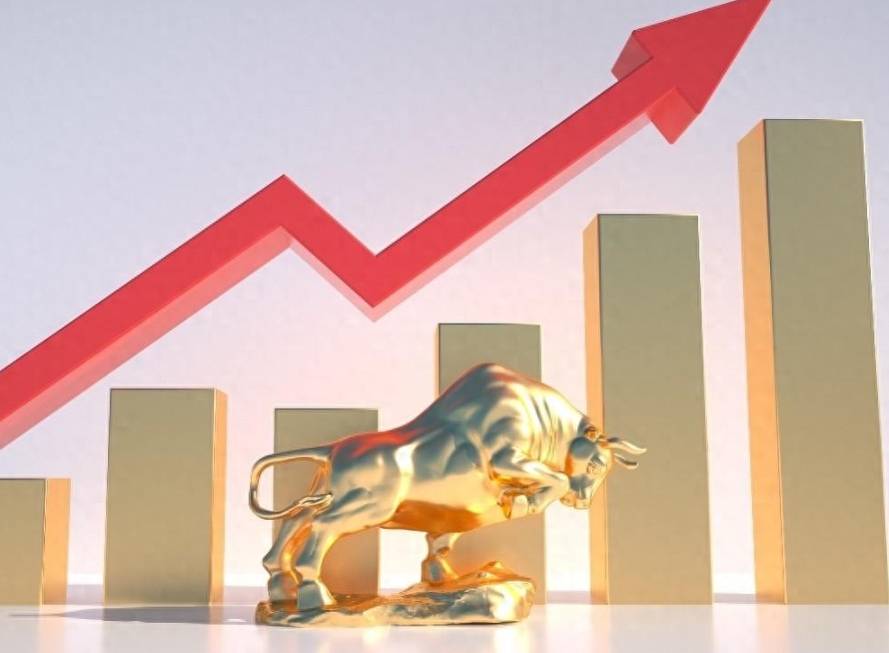Middle Eastern Investors Target African Agriculture and Minerals
Advertisements
The landscape of international investment is evolving, and as we witness a growing interest from wealthy investors in the Middle East towards opportunities in Africa, this shift in focus has significant implications for both regions. With a particular emphasis on agriculture, vital minerals, and renewable energy, these investors are not merely looking for profitable ventures; they are also striving to secure food production capabilities and diversify economies away from oil dependence.
According to George Asante, the Head of Africa Markets at Citigroup, there is an increasing trend among these Middle Eastern investors to target countries like Kenya, not just to ensure food security in the Gulf but to collaborate with local and global enterprises, particularly those from the United States and China. The vast agricultural potential of African nations, combined with their rich mineral resources, positions the continent as a critical player in the global shift towards cleaner energy sources.
With development banks and international financial entities recognizing Africa's vital role, the data is clear. The Gulf Cooperation Council (GCC) region has committed over $53 billion in investments over the past year, a remarkable increase from the $100 billion amassed over the past decade. This surge underscores a robust confidence in Africa as a land brimming with opportunities, especially in sectors that resonate with global sustainability goals.
For example, in South Africa, negotiations are underway involving the Saudi Arabian Zahid group and other stakeholders in acquiring the African distributor of Caterpillar, Barloworld. Meanwhile, a fierce competition has erupted as Adnoc from Abu Dhabi and Saudi Aramco pursue Shell’s downstream assets in one of Africa’s most advanced markets. This kind of active engagement not only opens doors for investor returns but also brings technology and expertise to local markets, potentially modernizing sectors with global best practices.

Moreover, countries like Egypt, Nigeria, and Angola have recently experienced significant downturns in asset values, presenting an enticing entry point for foreign investors. George Asante emphasizes that while these falling prices might raise concerns, they also offer unique opportunities for strategic investments that could pay off handsomely when markets stabilize and grow.
However, it’s not just Middle Eastern investments that are on the rise in Africa. U.S. investments are also increasingly centered on the continent's key minerals. Prosper Africa reported that in the first half of 2024 alone, over 400 transactions were facilitated, corresponding to a staggering total value of $32.5 billion. Such figures highlight the vigorous engagement of American businesses in Africa, further asserting the continent's critical role in the global resource landscape.
This growing interest is set against a backdrop of a significant financial challenge faced by Africa. According to the African Development Bank, the continent confronts an annual financing gap of about $402 billion by 2030, which is essential for accelerating its structural transformation and catching up with other high-performing developing regions. The necessity for diverse financing sources cannot be overstated, especially in light of shifting global economic trends.
Moreover, as foreign direct investment flows into Africa, nations are presented with an opportunity to diversify their financing sources. This diversification is essential to reduce reliance on euro-denominated bonds and concessional funding. As stated by Asante, countries like Cameroon, Kenya, Benin, and Côte d'Ivoire are beginning to re-enter the European bond market. Despite previous defaults that have made them more cautious, these efforts indicate a concerted push towards better debt management.
As countries accumulate foreign currency debt, the associated risks heighten. To mitigate these dangers, many nations are converting their debt exposure back to currencies they can more easily manage. This strategy could insulate local economies from the volatilities of foreign currencies and is a vital consideration as these countries seek to stabilize their financial environments.
Asante advocates for a crucial shift: the reduction of Africa's dependency on foreign currencies. He points out that it is of the utmost priority for African nations to establish a framework and tools to manage their debt exposure effectively and to stabilize their balance sheets against currency fluctuations. The move away from dollar-denominated debt must be prioritized, especially to prevent countries from entering potential debt crises every few years.
As the global economic landscape shifts, countries, banks, and large international institutions like the IMF and World Bank must work collaboratively to minimize Africa's reliance on foreign currencies. This collective effort is not merely a matter of financial strategy; it represents a path towards sustainable development that empowers African countries to navigate future challenges without the recurring specter of financial instability.
In conclusion, the influx of investment from the Middle East, combined with active participation from the U.S., presents both challenges and opportunities for the African continent. By leveraging its rich resources, expanding into various sectors, and adopting strategic financial management practices, Africa has the potential to not only secure its economic future but also to reposition itself as a formidable player in the global economy. The journey towards financial stability and self-sufficiency is fraught with obstacles, but with wise strategies and international collaboration, it is a journey worth undertaking.
Leave a Comment